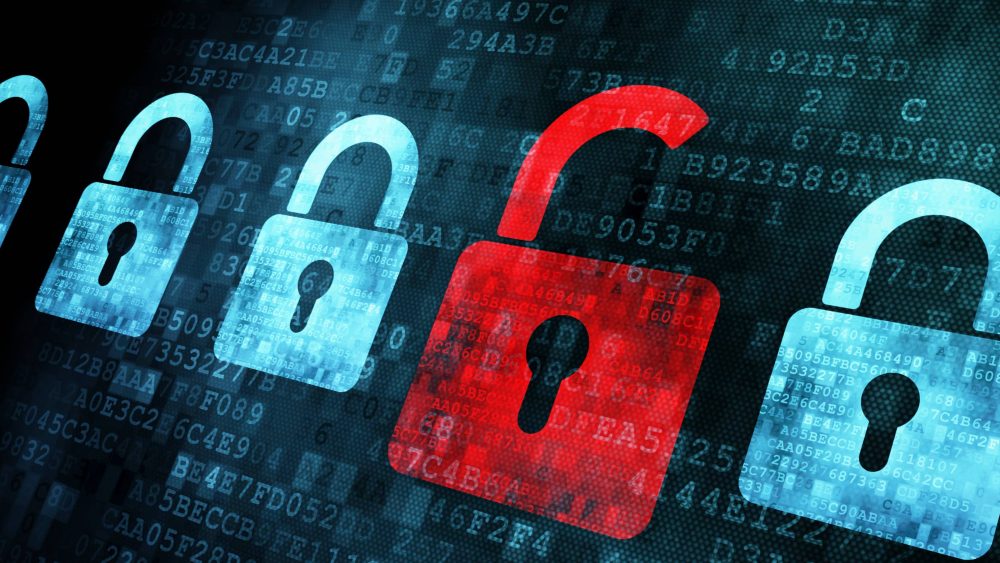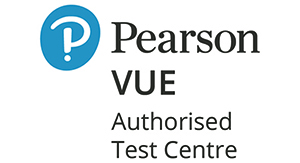We are breathing in a digital era, whether, it be reserving a hotel room, ordering some dinner, or even booking a taxicab. We are persistently using the internet and intrinsically persistently spawning data. This data is usually stored on the cloud which is a massive data server or a data center that you can access online. Also, we use an assortment of devices to access this information. Now for a hacker, it’s a golden era with countless access points, public IP addresses, and steady traffic and tons of data to exploit.
The internet isn’t a safe place at all. This not only applies to us as individuals but also for hefty companies. There have been numerous cyber breaches in the past that have compromised the confidentiality and secrecy of data. Even big companies like eBay, AOL, Evernote, and Adobe have gone through major cyber breaches even though they have a lot of security measures taken to protect the data that they contain. So it’s not only that small individuals are targeted by the hackers but bigger organizations are constantly being targeted by these guys. So, after looking at all sorts of cyberattacks possible, the breaches of the past, and the share amount of data available, it is significant to have some sort of mechanism and protocol to protect us from all these sorts of cyber attacks and indeed there is a way and this is called cybersecurity.
When it comes to the career of cybersecurity, one of the most famous, well-known, and well-regarded entry-level positions in cybersecurity is the cybersecurity analyst. This is the position that doesn’t require tons of prerequisites. The overall job description of a security analyst is to detect and avert cyber threats to an organization.
Responsibilities of a Security Analyst
A security analyst does a wide array of diverse things and depending on which position you are applying for, where you are within a company, a security analyst can mean so many different things. It can mean managing a lot of security programs or can mean doing just one specific thing. But in general, a security analyst does the following:
- Plan, execute and improve security controls
- Scrutinize security policies and conduct thorough audits to determine weaknesses
- Carry out annual internal and external audits
- Instigate vulnerabilities scans, security assessments, and risk analysis
- Administer network intrusion detection and prevention systems
- Predict and counter security alerts and incidents
- Craft and maintain corporate security policies
- Research and recommend appropriate security tools for a specific problem
- Supervise and handle relationships with outside security vendors
- Guide employees in security awareness and procedures
Skills Required
The hard skills that you should be focusing on if you aspire to become a cybersecurity analyst include:
- Knowledge of TCP/IP, computer networking, routing, and switching
- Cloud Computing
- Vulnerability testing
- Anti-virus/ anti-Ransomware/ Malware
- Data Loss Prevention (DLP)
- Managing and configuring the SIEM system
- Windows, Linux, and Unix
- C, C++, PHP, Python, JAVA, etc
- Firewall and IDS/IPL
So, if you aspire to get Cyber Security training, www.logitrain.com.au is your ultimate destination. Join now and brighten up your future.







































































